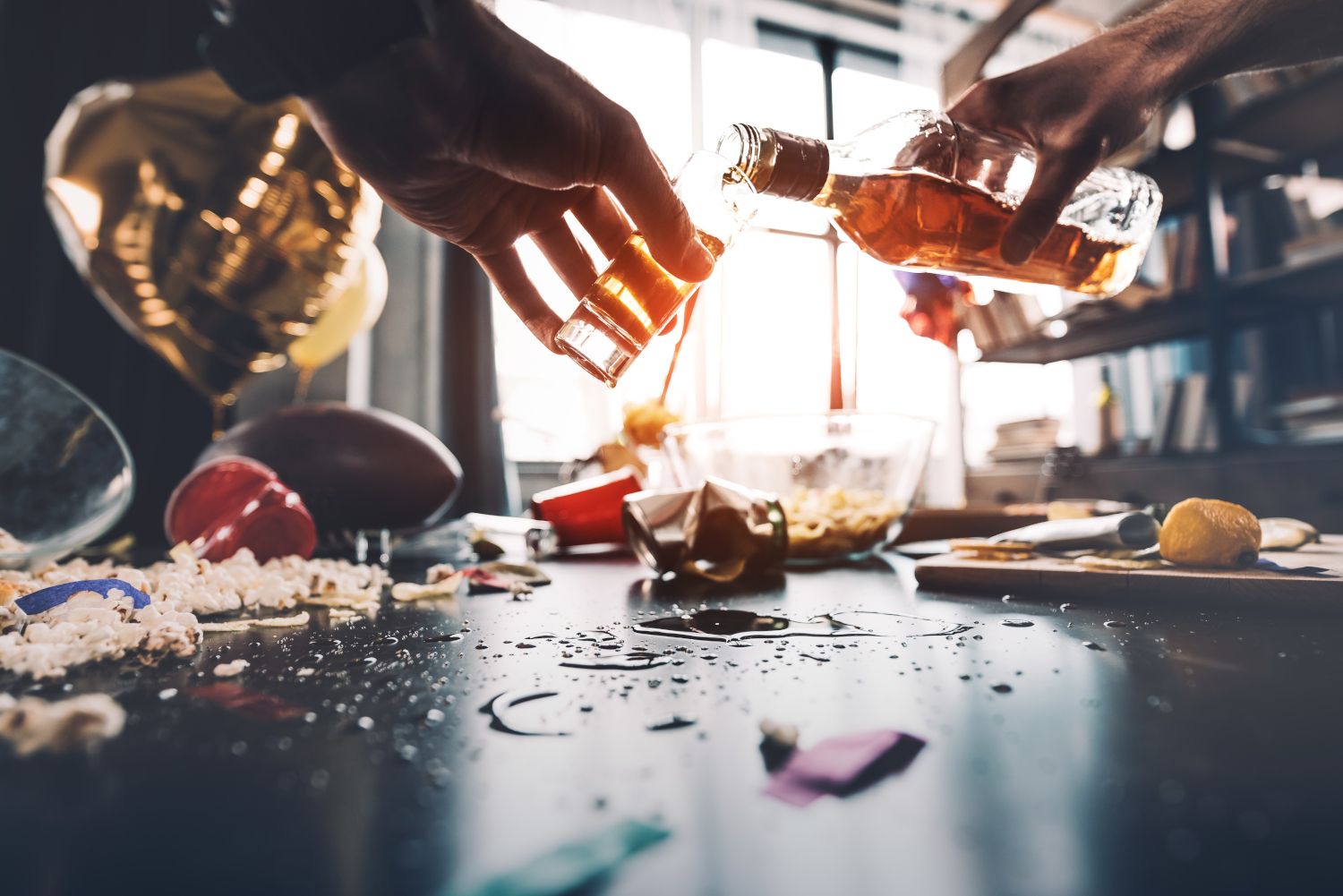The First Step to Overcoming Drug Abuse and Addiction
Developing an addiction to drugs isn’t a character flaw or a sign of weakness. Abusing illegal or certain prescription drugs can alter brain function, leading to powerful cravings and a compulsion to use, making sobriety seem impossible. However, with the right support and determination, recovery is attainable.
Recognizing the problem and deciding to make a change is often the hardest step. It’s normal to feel uncertain about your readiness to start recovery or if you have the strength to quit. Addiction changes many aspects of life, including how you deal with stress, who you allow in your life, and how you view yourself.
Key Changes to Commit to Sobriety:
- Stress Management: Finding healthier ways to cope with stress.
- Social Circles: Surrounding yourself with supportive people.
- Activities: Engaging in positive, drug-free activities.
- Self-Perception: Developing a healthier self-image.
- Medication Use: Reevaluating the medications you take.
Preparing for Change: 5 Keys to Addiction Recovery
- Remind Yourself of Your Reasons to Change: Keep your motivations clear and present.
- Reflect on Past Attempts: Learn from what worked and what didn’t.
- Set Specific Goals: Establish measurable milestones for your recovery.
- Remove Addiction Reminders: Clear your environment of triggers.
- Seek Support: Inform friends and family about your commitment and ask for their support.
Exploring Your Treatment Options
Recovery requires a comprehensive approach that often includes detoxification, behavioral counseling, medication, and long-term follow-up. Treatment plans should be tailored to individual needs, considering factors like the type of drug used, severity of addiction, and any co-occurring mental health issues.
Elements of a Successful Treatment Plan:
- Detoxification: Managing withdrawal symptoms safely.
- Behavioral Counseling: Addressing the root causes of drug use and developing healthier coping skills.
- Medication: Assisting with withdrawal, preventing relapse, and treating co-occurring mental health conditions.
- Long-Term Follow-Up: Regular support groups or online meetings to maintain recovery.
Tips for Finding the Best Drug Addiction Treatment
- Personalized Treatment: Tailor the approach to your unique situation.
- Holistic Approach: Address all aspects of your life affected by addiction.
- Commitment: Be prepared for a long-term effort.
- Seek Comprehensive Care: Treat both addiction and any mental health issues simultaneously.
- Build a Support Network: Surround yourself with positive influences and supportive individuals.
Building a Supportive Environment
A strong support system is crucial for recovery. Lean on friends and family, build a sober social network, and consider moving into a sober living home if necessary. Regularly attending support group meetings can provide encouragement and shared experiences that are essential for maintaining sobriety.
Ways to Strengthen Your Support Network:
- Family and Friends: Rebuild trust and seek their encouragement.
- Sober Social Network: Engage in drug-free activities and find supportive new friends.
- Support Groups: Join groups where members understand your struggles and can offer advice.
Coping with Stress and Triggers
After initiating recovery, it’s crucial to address the underlying issues that led to drug use. Learn healthier ways to manage stress and be aware of situations or people that trigger cravings.
Quick Stress Relief Techniques:
- Physical Activity: Exercise or take a walk to relieve stress.
- Nature: Spend time outdoors to rejuvenate.
- Pets: Play with your pet to relax and find comfort.
- Mindfulness: Practice meditation or visualize peaceful places.
- Pampering: Treat yourself to a relaxing bath or massage.
Handling Drug Cravings
Cravings are a natural part of recovery. Finding effective ways to cope with them is essential.
Strategies to Cope with Cravings:
- Distract Yourself: Engage in activities that take your mind off the craving.
- Talk It Out: Share your feelings with a trusted person.
- Challenge Thoughts: Remind yourself of the negative consequences of drug use.
- Urge Surfing: Stay with the craving until it passes, without giving in.
Building a Meaningful, Drug-Free Life
A fulfilling life with meaningful activities can help keep addiction at bay. Engage in hobbies, volunteer, set goals, and look after your health.
Ways to Build a Rewarding Life:
- Hobbies: Pick up new interests that challenge and inspire you.
- Community Involvement: Volunteer or join local groups.
- Personal Goals: Set and work towards meaningful personal achievements.
- Healthy Lifestyle: Exercise, eat well, and get enough rest to maintain physical and mental well-being.
Dealing with Relapse
Relapse can be a part of the recovery process. It’s important to understand what triggered the relapse and use it as an opportunity to strengthen your recovery plan.
Responding to Relapse:
- Identify Triggers: Understand what led to the relapse.
- Seek Support: Talk to your sponsor, therapist, or support group.
- Recommit to Recovery: Use the experience to reinforce your commitment and strategies.
Remember, recovery is a continuous journey that requires patience, perseverance, and support. By following these steps and building a strong support network, you or your loved one can overcome addiction and lead a fulfilling, drug-free life.

